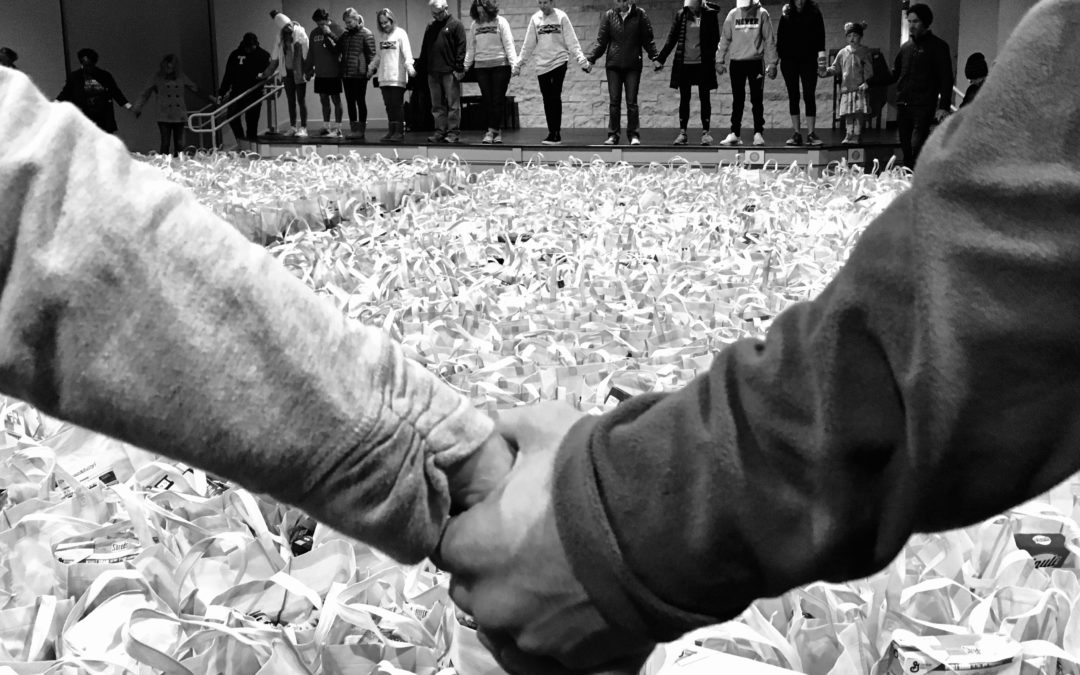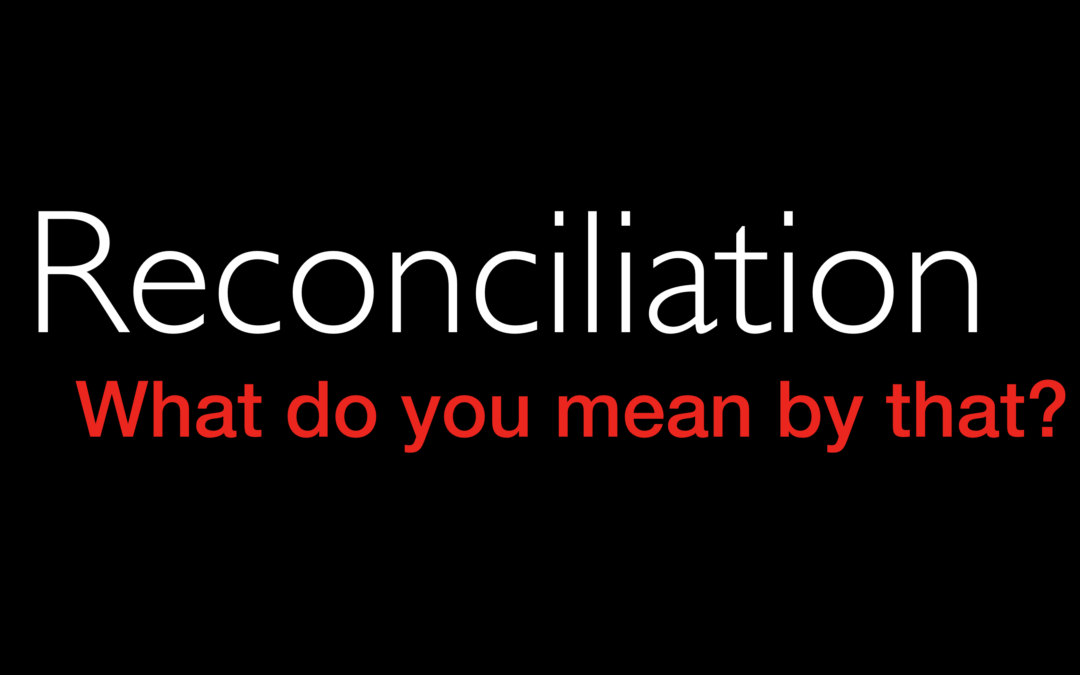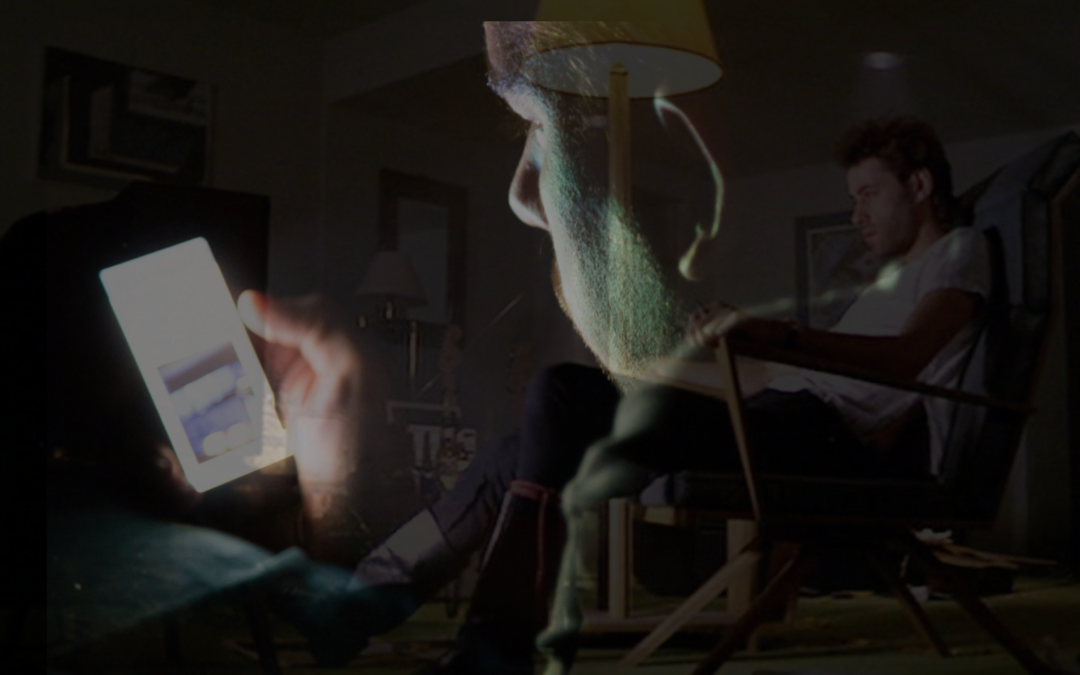
Developing a Distinct Christian Vision for Service
Over the last twelve months, I have undergone the rigors of the Colson Fellows Program Residency. The mission of this master’s level course equips Christians with a robust Christian worldview so they can thoughtfully engage with post-Christian culture, inspire reflection in others, and work effectively toward re-shaping the world in the light of God’s kingdom.
I have been developing a bigger vision for my life’s work and calling.
I’m bringing this vision to bear in my role as a Local Missions pastor at Christ Chapel Bible Church. My role is to help our church engage in service in our communities. My broader mission is to help my brothers and sisters develop a “distinctly Christian vision for life, culture, relationships and service.” In today’s post, I’m going to focus on service and what that means.
As I have reimagined and prayed about a ‘bigger vision’, I have realized my goal is not just to get people to serve but to understand the “Gospel of the Kingdom” – a truly Kingdom vision. Serving is just one expression of this comprehensive view of reality. Jesus spoke of the “Gospel of the Kingdom.” We need to ask, ‘What does He mean by ‘Kingdom?’ (Luke 4:43, Luke 8:1, Luke 10:9, John 18:36). I’ve found that the Kingdom sometimes gets lost in the noise of everyday life and even ministry.
When Jesus redeems and saves, He invites us to join him in the Kingdom work of redeeming and restoring the world and culture (all things) – albeit imperfectly. We are ministers of reconciliation between God and man through the Gospel. My good friend and Pastor Doug Cecil likes to say, “The Gospel is enshrined in our hearts and proclaimed with our lips.” I would also add that the Gospel is also seen in our lives and felt through our hands and feet.
Our witness is often seen before our words are heard. The Christian witness is often the window through which the unbelieving world sees the light of Christ. As Pastor Alistair Begg likes to say, “People often learn the melody of the Gospel before they learn the words.”
The church evangelizes the lost and calls redeemed people to play their role on the grand stage of God’s redemptive story (Acts 17:26, Ephesians 2:10, Ephesians 4:12). In doing so, we demonstrate that the Gospel not only saves but infuses and empowers every aspect of the follower’s life. Through the power of the Holy Spirt, we bring forth elements of Christ’s Kingdom into this broken world. Therefore, we should call our brothers and sisters from their inner-self focus to live the same way they were saved – by grace through faith. In reality, we are calling out what God has already placed in the heart of the Christ-follower.
We have a purpose in this life.
We are saved “for” something.
We must answer the question, “How then shall we live?”
We’re not calling our people to “do” something, we are calling them to “be” something. Their “doing” (actions) will flow from a distinct vision of who they are and their identity in Christ.
Are you a ‘Check the box’ Christian?
In other words, do you fall into the habit of ‘checking boxes’ for going to church, attending a bible study and serving occasionally? Would you say your Christian life is vibrant and joy-filled? If not, why?
This call to develop a distinct Christian vision for service completely removes “check box” from the available options. It challenges the believer to step through the beautiful threshold of Salvation into the Kingdom – where Jesus beckons, “follow me.” In following, we are abiding. And in abiding, we are bearing much fruit – proving that we are His disciples. In this, there is fulness of joy.
The life of the follower of Christ teaches and sanctifies the world around them by how they reflect the One whom they follow (Matthew 5:16). Developing a distinct Christian vision for service enables the us to use our gifts, talents, passions and abilities to bring God’s redemptive and restorative power into a dark and broken world.
“In the same way, let your light shine before others, so that they may see your good works and give glory to your Father who is in heaven.” (Mt. 5:16)
How then shall we serve?
Devotional Resource: From Ken Boa’s “Handbook of Wisdom”
Whatever I do, I should do all to the glory of God. (1 Corinthians 10:31)
Whatever I do, whether in word or in deed,
I will do all in the name of the Lord Jesus,
giving thanks to God the Father through Him. (Colossians 3:17)
Prayer:
Father, I want to dedicate all that I do this very day to Your glory and honor. There is no component of life that cannot be lived for You, no task so small and mundane that it is unworthy of being offered to Your service. Whether in my speech or in my actions, I will do all in the name of the Lord Jesus, giving thanks through Him to You. Amen.
Read previous post: “The Hand that Holds the Rod – God’s Discipline”
If you like what you read here, please subscribe – sign-up here. Every time I post something new, you will receive an email.





